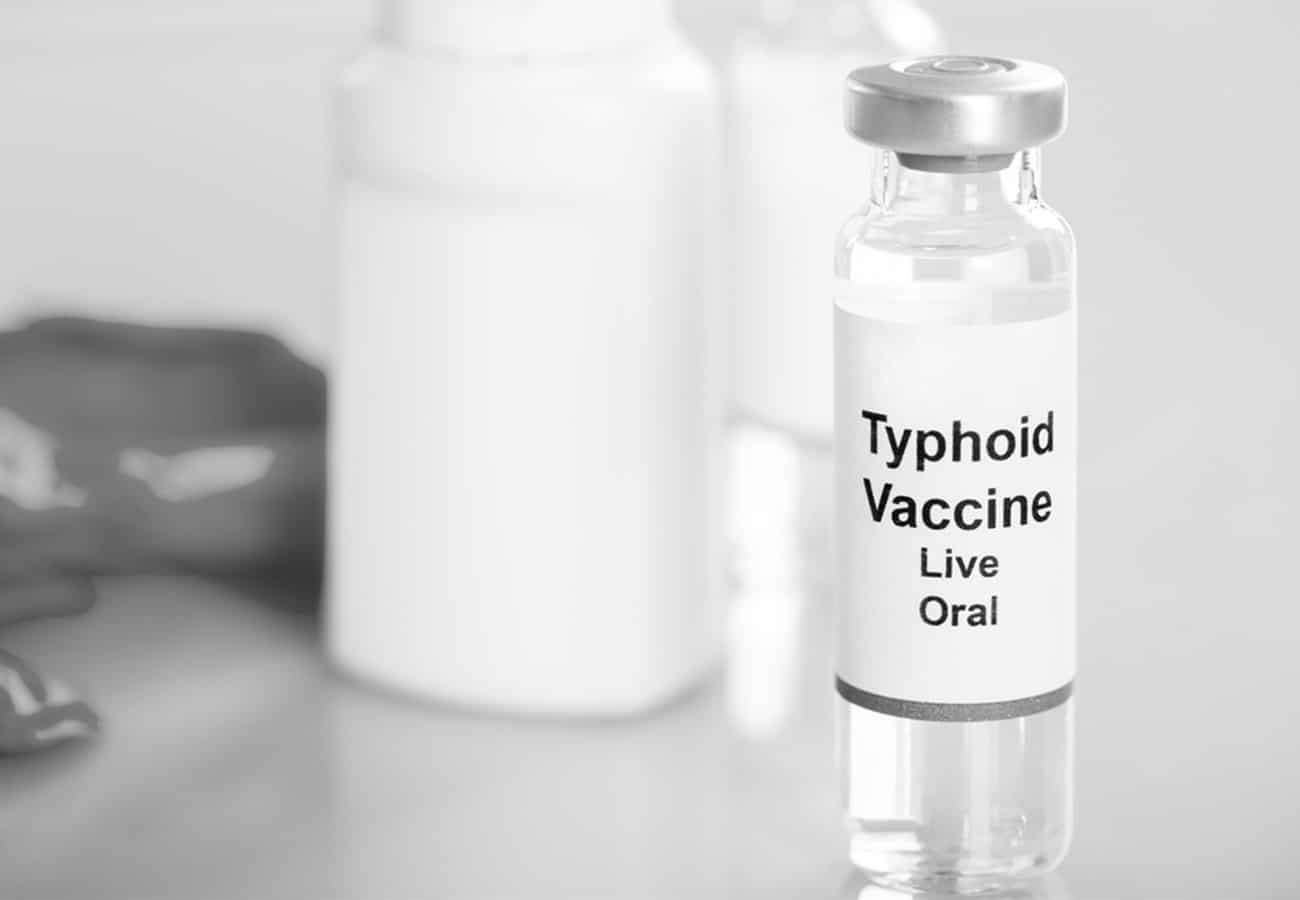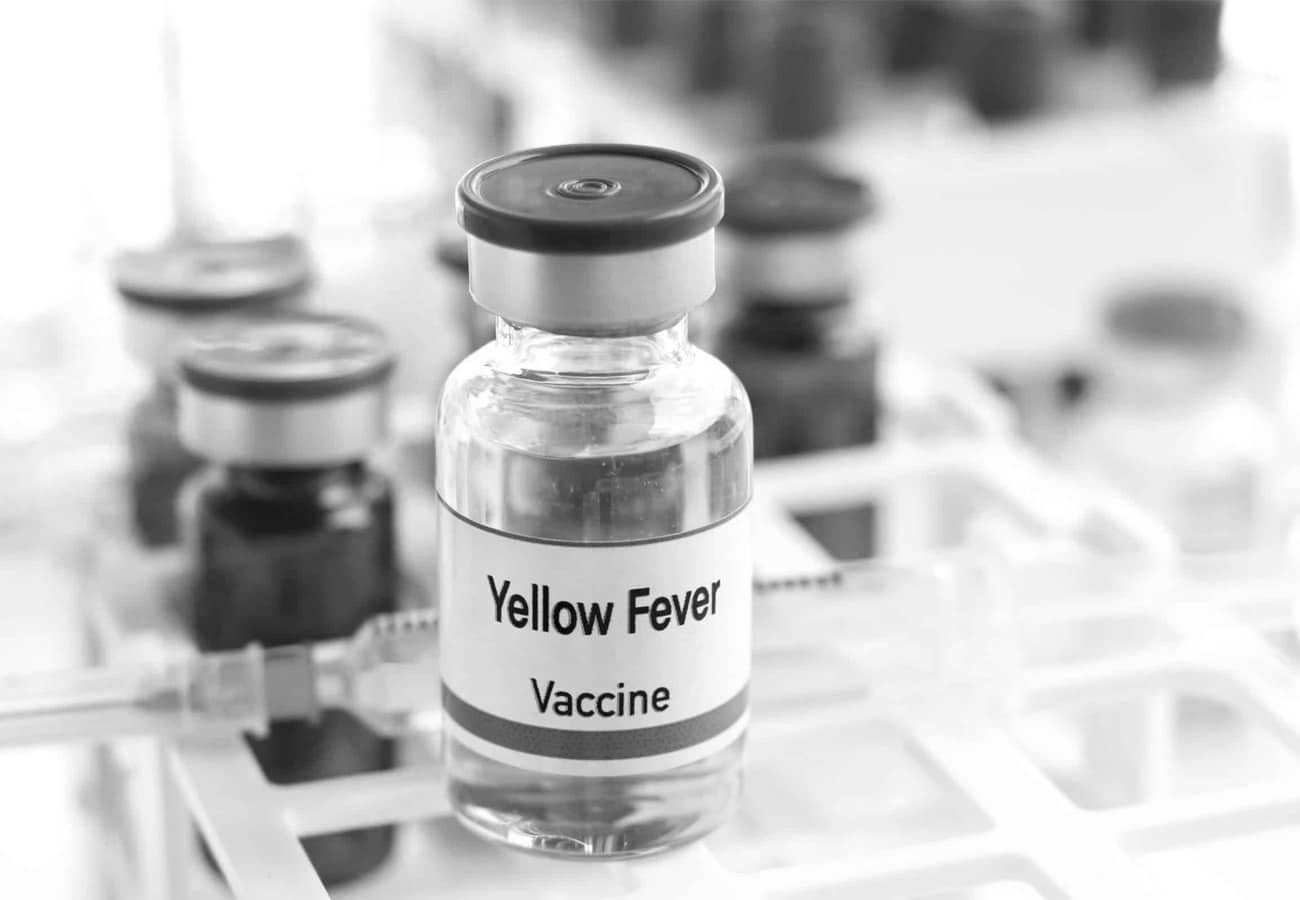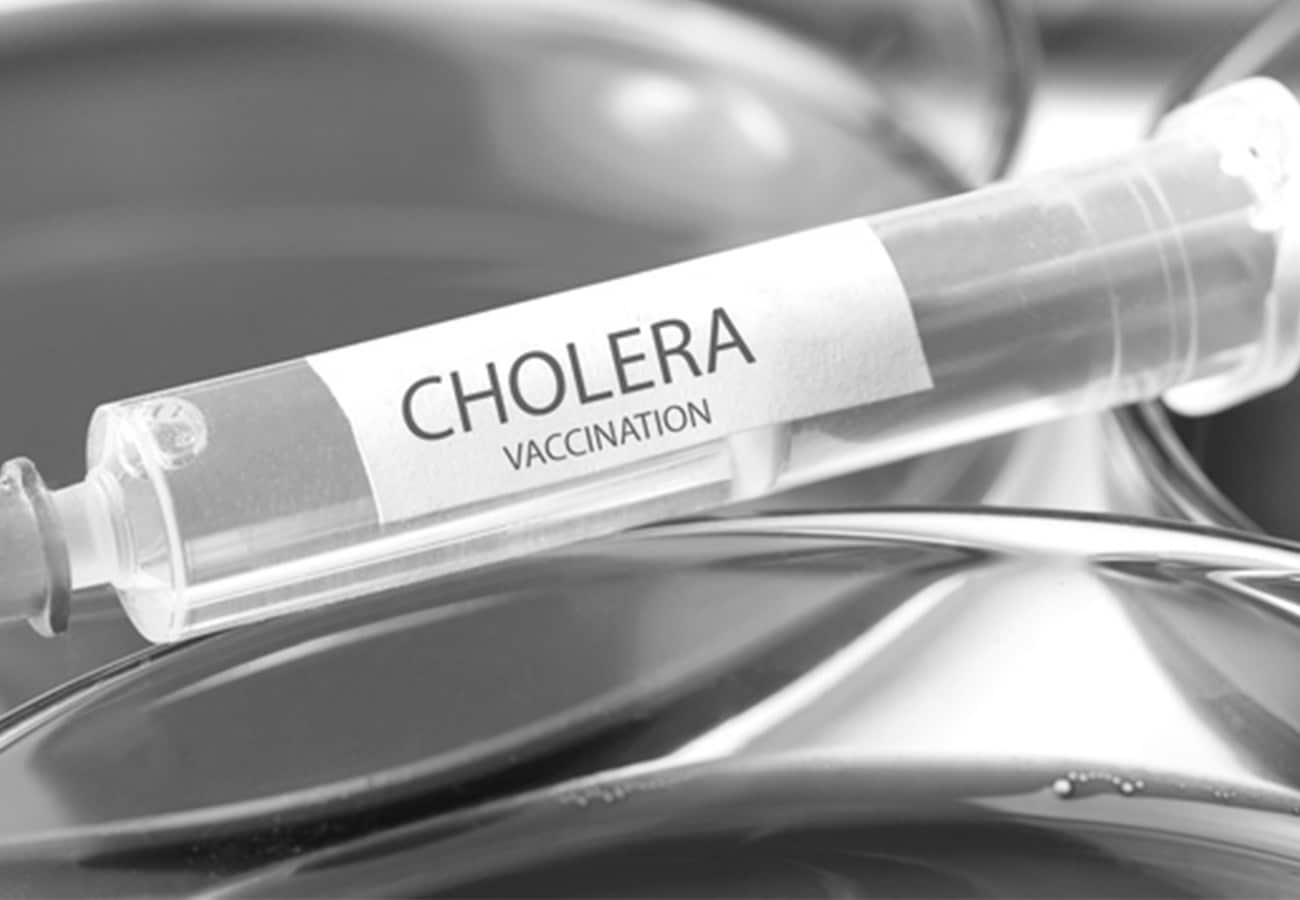The Essential Guide: Recommended Vaccines for a Safe Trip to Kenya and Tanzania
Planning a trip to Kenya and Tanzania? Before you embark on your adventure, it’s important to take care of your health. In this essential guide, we will outline the recommended vaccines for Kenya and Tanzania to ensure a safe and worry-free journey.
Both Kenya and Tanzania are home to diverse wildlife, breathtaking landscapes, and vibrant cultures. However, they are also located in areas where certain diseases are prevalent. To protect yourself from potential health risks, it is recommended to be up-to-date on routine vaccines such as measles, mumps, rubella, diphtheria, tetanus, and pertussis.
Additionally, certain vaccines are specifically recommended for travel to these regions. These may include vaccines for Hepatitis A and B, typhoid, meningitis, and yellow fever. The spread of diseases like malaria is also a concern, so make sure to consult with your healthcare provider about taking appropriate anti-malarial medications.
Remember, prevention is key when it comes to your health while traveling. By taking the necessary precautions and getting the recommended vaccines, you can ensure a safe and enjoyable trip to Kenya and Tanzania. So, let’s dive in and find out what you need to know before you go!
Importance of Vaccines for Travel

When it comes to traveling, taking the recommended vaccines for Kenya and Tanzania plays a crucial role in protecting your health. Traveling to new destinations exposes you to different environments, climates, and diseases that your body may not be accustomed to. Vaccines help strengthen your immune system and provide protection against these diseases.
It’s essential to understand that vaccines not only protect you but also prevent the spread of diseases to local communities. By getting vaccinated, you are doing your part in promoting global health and ensuring the well-being of others as well.
Before you embark on your journey to Kenya and Tanzania, it’s important to research and understand the specific risks associated with these destinations. This will help you make informed decisions about the vaccines you need to get and other preventive measures you should take.
Understanding the Risks in Kenya and Tanzania
Kenya and Tanzania are known for their incredible wildlife, national parks, and stunning landscapes. However, they are also located in regions where certain diseases are prevalent. It’s important to be aware of these risks and take appropriate measures to protect yourself.
One of the most significant risks in these regions is the transmission of malaria. Malaria is a mosquito-borne disease that can be life-threatening if not properly prevented and treated. Mosquitoes carrying the malaria parasite are present in both urban and rural areas, so it’s crucial to take precautions such as using insect repellent, wearing long-sleeved clothing, and sleeping under mosquito nets.
In addition to malaria, other diseases like typhoid, Hepatitis A and B, meningitis, and yellow fever can also pose a risk to travelers. These diseases can be contracted through contaminated food and water, as well as mosquito bites. It’s important to ensure that you are up-to-date on your routine vaccines and receive the recommended vaccines for travel to these regions.
Recommended Vaccines for Kenya and Tanzania
To ensure a safe trip, you need to take the recommended vaccines for Kenya and Tanzania. These vaccines not only protect you from potential diseases but also provide peace of mind during your travels. Let’s take a look at the essential vaccines you should consider:
- Yellow Fever: A yellow fever vaccination is mandatory for travelers entering Kenya and Tanzania from countries with a risk of yellow fever transmission. This vaccine should be administered at least 10 days before your trip and is valid for 10 years.
- Hepatitis A: Hepatitis A can be contracted through contaminated food and water. It’s recommended for all travelers, as it provides protection against this viral infection.
- Hepatitis B: Hepatitis B is transmitted through blood, sexual contact, and contaminated needles. If you plan to engage in activities that may put you at risk, such as getting a tattoo or piercing, it’s advisable to get vaccinated against Hepatitis B.
- Typhoid: Typhoid fever is a bacterial infection that can be contracted through contaminated food and water. The vaccine provides protection against this disease and is recommended for travelers visiting regions with poor sanitation.

Typhoid Vaccine on a Table - Meningitis: Meningitis is an inflammation of the membranes surrounding the brain and spinal cord. It can be transmitted through respiratory droplets and close contact with infected individuals. The meningitis vaccine is recommended for travelers who plan to spend a significant amount of time in crowded areas or during the dry season when the risk is higher.
It’s important to consult with your healthcare provider or travel clinic to determine which vaccines are appropriate for you based on your medical history, current health status, and travel plans.
Yellow Fever Vaccination Requirement

One of the recommended vaccines for Kenya and Tanzania is the yellow fever vaccination certificate. This certificate proves that you have been vaccinated against yellow fever and is mandatory for travelers coming from countries where yellow fever is endemic.
Yellow fever is a viral disease transmitted by infected mosquitoes. It can cause severe illness and, in some cases, can be fatal. To prevent the spread of yellow fever, countries at risk require proof of vaccination from travelers.
Make sure to check the vaccination requirements for Kenya and Tanzania well in advance of your trip. Some countries may require the yellow fever vaccine even if you are only transiting through their airports. Failure to provide a valid yellow fever certificate may result in denial of entry or quarantine upon arrival.
Malaria Prevention and Treatment
Malaria is a serious concern in Kenya and Tanzania, particularly in certain regions. It’s important to take appropriate measures to prevent mosquito bites and reduce your risk of contracting malaria.
The first line of defense against malaria is taking antimalarial medication. There are several options available, and it’s important to consult with your healthcare provider to determine the most suitable medication for you based on your medical history and travel plans.
In addition to medication, it’s important to use insect repellent containing DEET, wear long-sleeved clothing and pants, and sleep under mosquito nets treated with insecticide. These preventive measures, when combined with antimalarial medication, significantly reduce the risk of contracting malaria.
Other Important Vaccines to Consider
In addition to the recommended vaccines for Kenya and Tanzania mentioned earlier, there are other vaccines that you should consider based on your individual circumstances and travel plans. These vaccines may include:
- Rabies: Rabies is a viral disease that can be transmitted through the bite or scratch of an infected animal. If you plan to engage in activities that may put you at risk, such as wildlife viewing or working with animals, it’s advisable to get vaccinated against rabies.
- Cholera: Cholera is a bacterial infection that can cause severe diarrhea and dehydration. It is transmitted through contaminated food and water. The cholera vaccine may be recommended for travelers visiting areas with poor sanitation and limited access to clean water.
- Influenza: Influenza is a viral respiratory infection that can be easily transmitted in crowded areas. If you are traveling during the flu season, it’s advisable to get vaccinated against influenza to reduce the risk of getting sick.
Remember, the specific vaccines you need may vary depending on factors such as your age, overall health, and travel plans. It’s important to consult with your healthcare provider or travel clinic to determine the most appropriate vaccines for you.
Where to Get Vaccinated

Getting vaccinated before your trip is essential, and there are several options available for obtaining the necessary vaccines. Here are a few places where you can get vaccinated:
- Travel Clinics: Many cities have specialized travel clinics that cater to the needs of travelers. These clinics are staffed by healthcare professionals who are well-versed in travel medicine and can provide you with the necessary vaccines and advice.
- Primary Care Providers: Your regular healthcare provider can also administer the recommended vaccines. Make sure to schedule an appointment well in advance of your trip to allow time for any necessary vaccinations.
- Pharmacies: Some pharmacies offer travel health services, including vaccinations. Check with your local pharmacy to see if they provide these services and if they offer the vaccines you need.
It’s important to plan ahead and schedule your vaccination appointment in advance, as some vaccines may require multiple doses or take time to become effective. Remember to bring your travel itinerary and any relevant medical information to your appointment to ensure that you receive the appropriate vaccines.
Preparing for Your Vaccination Appointment
Before your vaccination appointment, it’s important to gather all the necessary information and take a few steps to ensure a smooth and efficient process. Here are a few things to consider:
- Research: Familiarize yourself with the recommended vaccines for Kenya and Tanzania. This will help you have an informed discussion with your healthcare provider and make the most of your appointment.
- Medical History: Provide your healthcare provider with your complete medical history, including any allergies, previous vaccinations, and current medications. This information will help them determine which vaccines are safe and appropriate for you.
- Travel Itinerary: Bring a copy of your travel itinerary to your appointment. This will help your healthcare provider assess the specific risks associated with your destination and tailor the vaccines accordingly.
- Insurance Coverage: Check with your insurance provider to understand what vaccines are covered under your plan. Some vaccines may be fully or partially covered, while others may require out-of-pocket payment. Travel health insurance may also be worth considering to provide additional coverage for any unforeseen medical expenses during your trip.
By adequately preparing for your vaccination appointment, you can ensure that you receive the necessary vaccines and have all the information you need to stay healthy while traveling.
Travel Health Insurance
While getting vaccinated is an important step in ensuring a safe and healthy trip, it’s also essential to consider travel health insurance. Travel health insurance provides coverage for medical expenses, emergency medical evacuation, trip cancellation, and other unforeseen events that may occur during your trip.
Medical expenses can quickly add up, especially in the case of a medical emergency or hospitalization in a foreign country. Having travel health insurance provides peace of mind and financial protection in case of unexpected medical situations.
Before purchasing travel health insurance, make sure to carefully review the policy coverage, exclusions, and limitations. Consider factors such as the duration of your trip, activities you plan to engage in, and any pre-existing medical conditions. It’s advisable to compare different insurance providers and choose a policy that meets your specific needs.
Ensuring a Safe and Healthy Trip
As you plan your trip to Kenya and Tanzania, don’t forget to prioritize your health. The recommended vaccines for Kenya and Tanzania play a vital role in protecting you and others from potential diseases. By understanding the risks, getting the necessary vaccines, and taking preventive measures, you can ensure a safe and worry-free journey.
Remember to consult with your healthcare provider or travel clinic to determine the most appropriate vaccines for you. Schedule your vaccination appointment well in advance to allow time for any necessary doses and ensure that you are adequately protected before your trip.
In addition to vaccines, take precautions such as using insect repellent, wearing protective clothing, and practicing good hygiene. Consider purchasing travel health insurance to provide financial protection in case of any medical emergencies or unforeseen events.
With proper planning, preparation, and the right vaccines, you can embark on your journey to Kenya and Tanzania with confidence, knowing that you’ve taken the necessary steps to stay healthy and enjoy your adventure to the fullest. Safe travels!
For more articles related to Tanzania Immigration, click here!


































